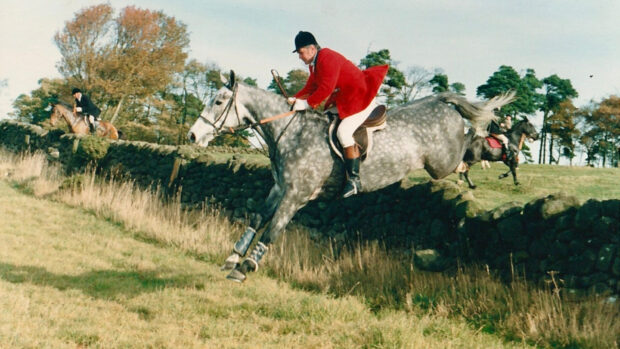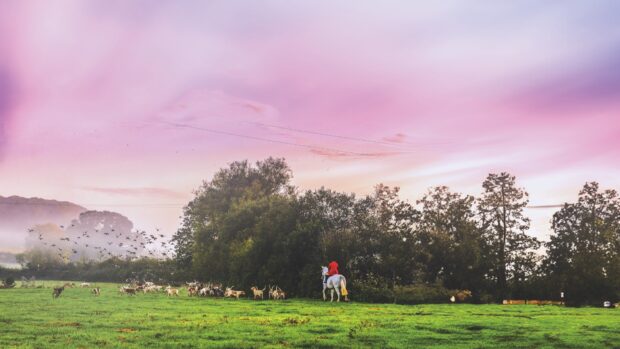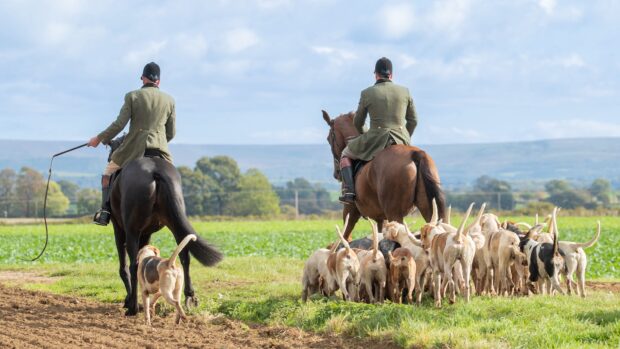For most of the 19th century hunts did not collect caps from visitors. They hunted free when invited by landowners.
In 1896, the Quorn tried capping, calling on The Field’s hunting correspondent Otho Paget to collect sovereigns after he had supported the new practice in the magazine, although many old supporters of the hunt regarded it as a “dreadful, radical upheaval of ancient traditions”.
Otho soon regretted his support for capping.
He wrote that “extracting those golden coins from the pockets of visitors was one of the most unpleasant tasks that has ever fallen to my lot. With very few exceptions did they have the right amount ready to hand out, and the job of searching in a crowd of 300 for strange faces, lost me many chances of getting a start. It was a new departure and, of course, many visitors had not heard that ‘capping’ had been introduced; but although no one likes being suddenly asked to fork out gold, I never had any unpleasant remarks made whilst getting it — although I did notice that when some old friend returned to have a day with the Quorn, he did not meet my greeting of warm welcome in quite the same cheery spirit as of yore.”
Otho asked: “Why is it ladies who object to paying hard cash? My successor as capper pursued one lady all day and she had managed to evade him until just before the end, when he managed to corner her.
“Of course, she was profuse in her apologies for not having seen him before and immediately handed over a coin wrapped up carefully in paper. My friend was much too polite to open the paper there and then; but, on reaching home that night, he found it contained only half the correct amount!”
For the full article on hunt secretaries, see the current issue of Horse & Hound (28 October, ’10)



